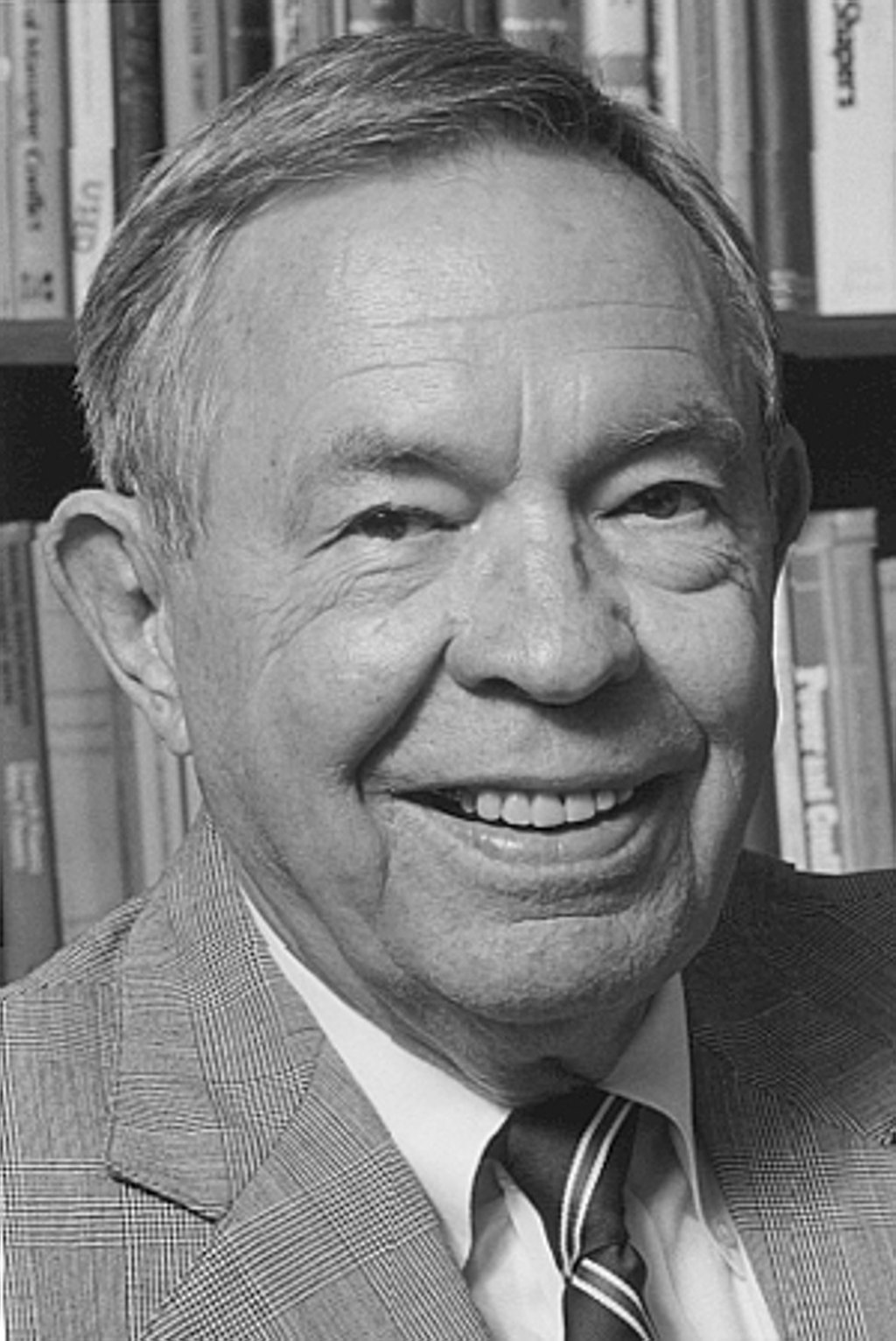How to make your New Year’s resolution stick: treat it as an aspiration, not a hard target
- Most people take on impossible challenges for the new year and fail miserably after a short time
- The ‘four stages of competency’ teach us to take our resolutions through phases

This is the season for reflections and resolutions. It will be immediately followed by the season for failure and frustration. That’s because people who make health-related New Year’s resolutions also make a big mistake: they look at them as an issue of willpower rather than ability.
A more helpful approach to creating healthier habits is to consider those behaviours new skills, and to accept that there is a process to becoming competent in those skills. In other words, you shouldn’t resolve to become a vegetarian with the expectation that meat will never pass your lips again, and then feel failure when you succumb to a Big Mac. Instead, consider resolving to learn to be a vegetarian, with the understanding that it will take knowledge and practice to attain a meat-free diet – just as it would take knowledge and practice to play tennis or knit or carve wood.
To understand why this works better, consider the conscious competence learning model. This is a psychological explanation of the process one goes through to select a lifestyle or behaviour change and slowly but surely build it into a skill that seamlessly fits into your life.
Also known as the four stages of competency, the model is attributed to the work of psychologist Thomas Gordon and his employee Noel Burch in the 1970s.

The four stages are as follows, according to the Gordon Training International website:
